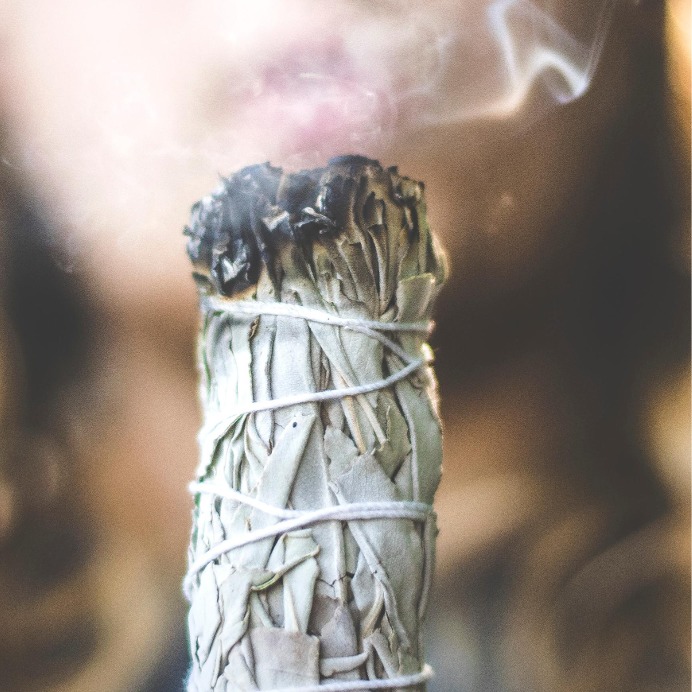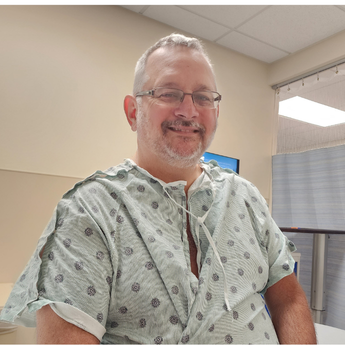June 21, 2023 is National Indigenous Peoples Day. This is a day for all Canadians to recognize and celebrate the unique heritage, diverse cultures and contributions of First Nations, Inuit, and Métis peoples. This is also a day that should call to attention the various issues that Indigenous peoples continue to face, including racism, colonialism, and disparate health outcomes from much of the rest of Canada. Broad determinates of health like geography, accessibility and availability of services, and cultural differences contribute to the challenges faced by Indigenous peoples.
Breast cancer in particular is an area of concern. The First Nations Cancer Control in Canada Baseline Report states that while the number of new diagnoses among non-Indigenous women have stabilized somewhat, rates of breast cancer among First Nations populations continues to increase. The survival rate for breast cancer among First Nations women is also worse compared to non-Indigenous women. This is in part due to being diagnosed at later stages. A lack of health services and health education in rural areas leads to a higher percentage of breast cancer diagnoses occurring at the third or fourth stage, which in turn limits treatment options and health outcomes.
While breast cancer screening programs are available in most provinces and territories, participation in these programs is lower for Indigenous populations. According to the First Nations Cancer Control in Canada Baseline Report, as of 2012, 40% of First Nations women over the age of 18 had never performed a breast-self exam and 59% had never had a mammogram. Geography in this case is a major factor; traveling for screening or treatment is costly and time-consuming, as both services are often only available in urban centres. Some provinces, like Alberta, Manitoba, and northwestern Ontario, have implemented mobile breast screening units which visit rural communities on a rotating basis, which is helping to alleviate some of the burden of traveling for healthcare. This type of service, however, has it own barriers as visits are not always consistent.
Making healthcare more accessible to Indigenous populations will require bringing healthcare directly to these communities. While the Western medical model takes a more individualistic perspective, the Indigenous model of health places the individual and their health in the context of their community and culture to a much greater degree. In 2017, the Saskatchewan government worked with First Nations peoples to identify four key components of an approach to healthcare that is respectful of the First Nations experience, in which healthcare is trauma-informed, strengths-based, community-engaged, and spiritually grounded. Some hospitals and cancer centres now have Indigenous health care patient navigators and resources to help support and maintain the balance of physical, emotional, mental and spiritual elements that are important in Indigenous traditional healing, as well as the complexities of the healthcare system at the same time.








